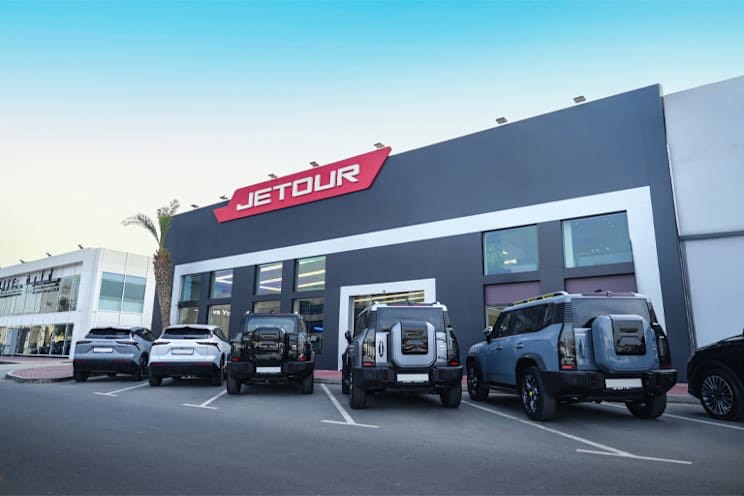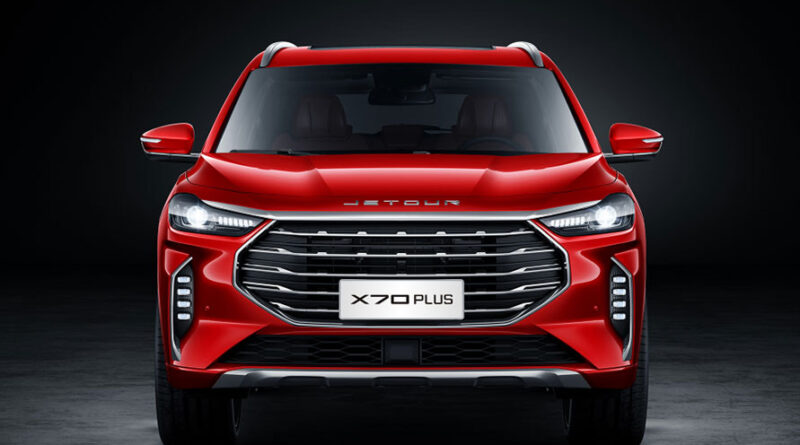The Dark Side of Jetour Cars: A Closer Look at the Rising Chinese Brand
In recent years, Chinese automakers have made remarkable strides in the global automotive market, with brands like Jetour emerging as contenders in the competitive SUV segment. Launched in Beijing in 2018, Jetour, a subsidiary of Chery Holding, aims to redefine the travel experience with its motto of “convenient travel.” However, beneath its sleek exterior and promising specifications lies a darker side that potential buyers should consider.
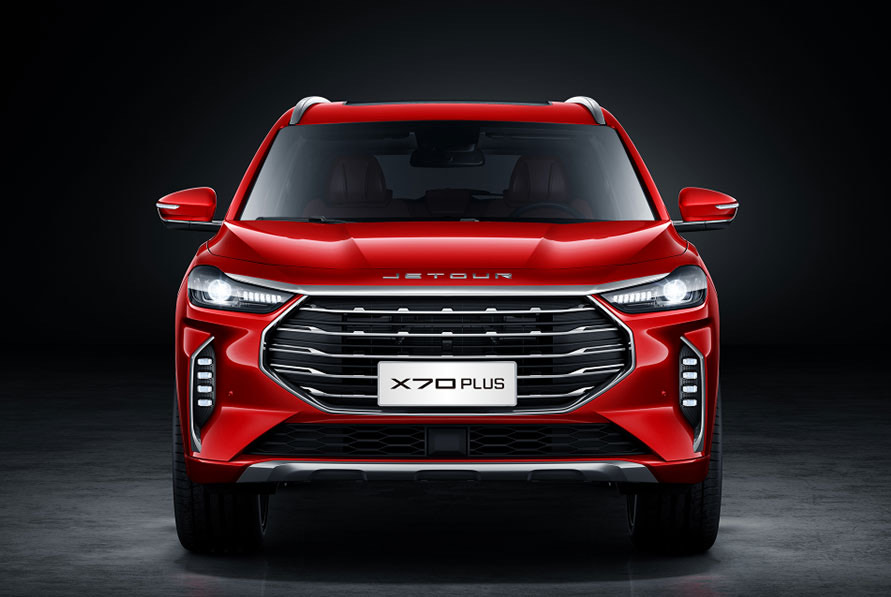
Jetour vehicles, including popular models like the X70 and X70 Plus, come with an impressive 10-year/1 million km warranty and a complimentary service contract. These features have attracted a growing number of consumers in markets like Ghana, where the starting price for the Jetour X70 Plus is approximately GH₵ 624,745. Other models, such as the Vigus and Dashing, range from GH₵ 560,026 to GH₵ 611,230, making them an attractive option for budget-conscious buyers.
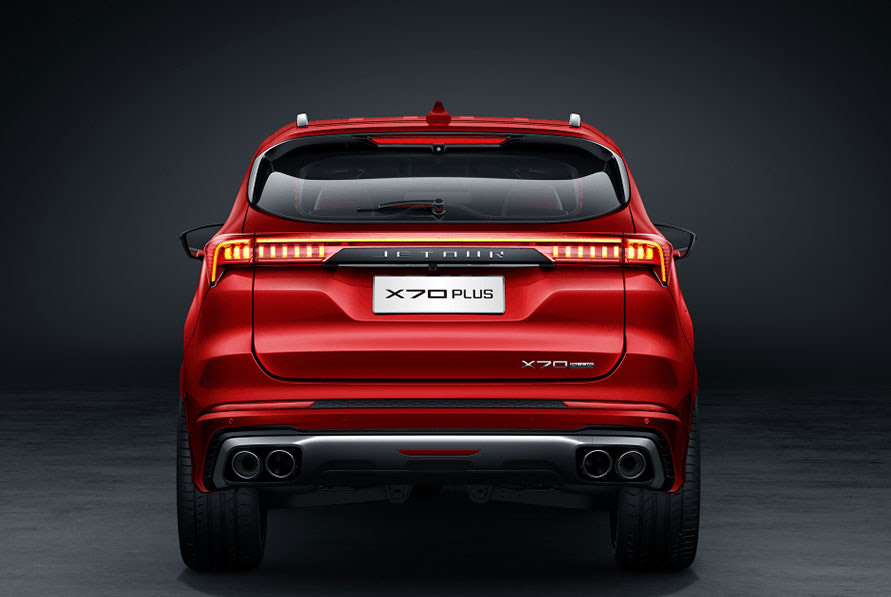
While Jetour boasts a fuel consumption figure of 7.8 L/100km, real-world tests have shown disappointing numbers, with some drivers reporting consumption as high as 10.4 L/100km. This discrepancy raises concerns for potential buyers, particularly in regions where fuel prices can be a significant burden on household budgets. The current economic climate in Ghana, characterized by rising fuel prices and inflation, adds an additional layer of complexity for Jetour owners. With the vehicles designed to operate optimally on Ron 95 fuel, users who resort to the more affordable Ron 91 may experience diminished performance, leading to frustration and potential mechanical issues.
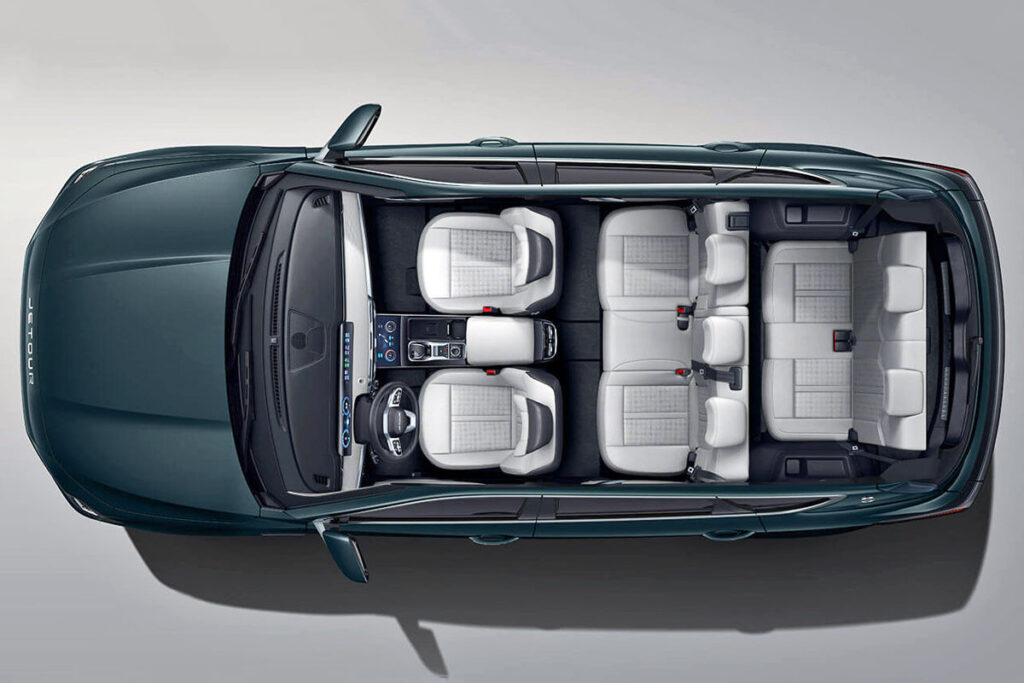
The Jetour X70 is powered by a 1.5-litre turbopetrol four-cylinder engine, delivering a respectable 115 kW of power and 230 N.m of torque through a six-speed dual-clutch transmission. While the vehicle offers ample space for seven passengers and a generous 486 litres of boot capacity, the promise of efficiency and performance is undermined by the fuel requirements and the reality of higher operational costs.
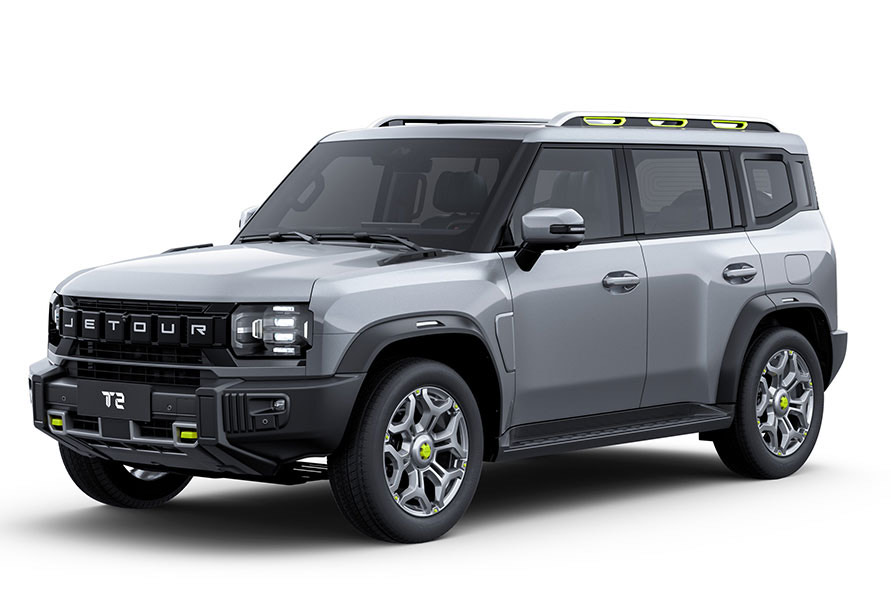
Furthermore, while Jetour strives for innovation and luxury, reliability remains a concern. Reports from users, including one who has owned an X70 Plus for nearly two years, highlight unexpected mechanical issues that were not anticipated at the time of purchase. These experiences echo a broader sentiment among consumers, who are increasingly cautious about the reliability of Chinese brands compared to their Western counterparts.
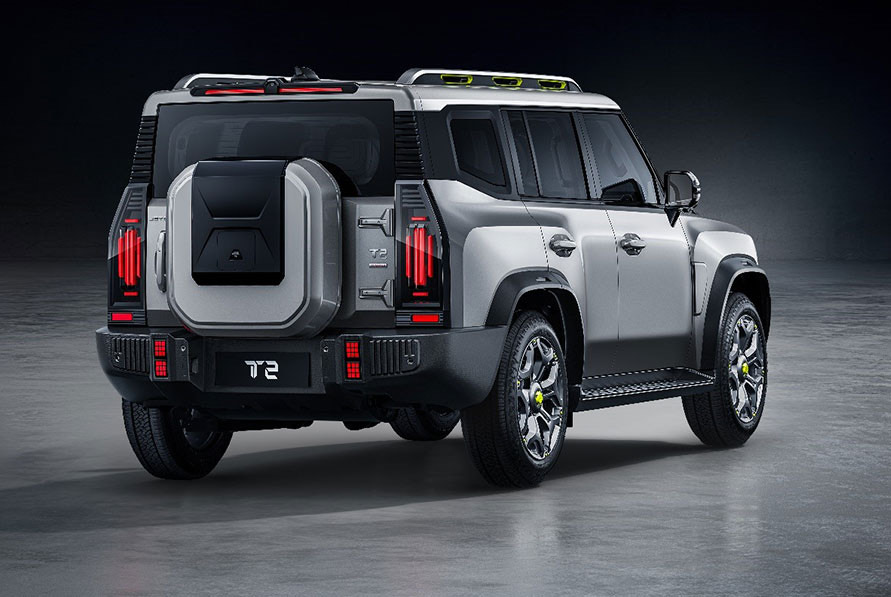
Despite these challenges, Jetour continues to position itself as a leader in the Chinese SUV market, focusing on intelligent design and ecological considerations. Competing brands like BYD, Geely, and GAC have also gained popularity for their innovative technologies and affordability, making the automotive landscape increasingly competitive.
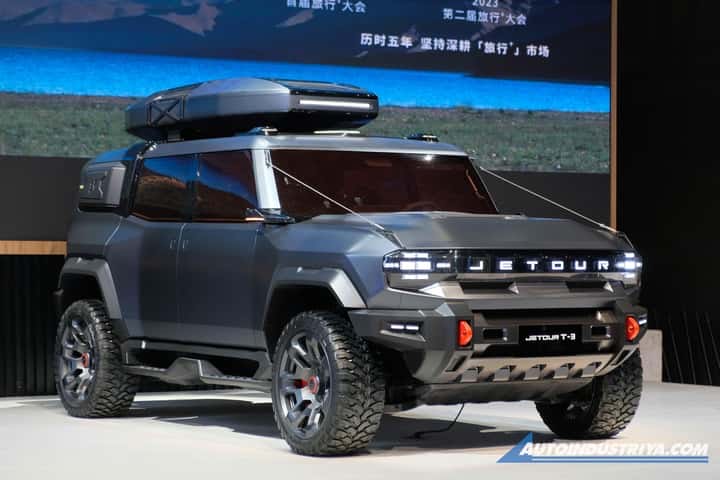
As Jetour cars become more common on Ghana’s roads, with the X70 Plus and X90 Plus leading the charge, potential buyers must weigh the allure of modern design and features against the practicalities of fuel requirements and reliability. In a market where affordability and performance are paramount, the dark side of Jetour cars serves as a cautionary tale for those looking to embrace the future of automotive travel.
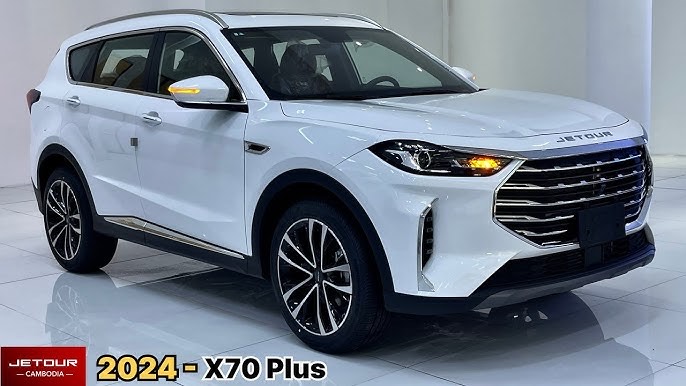
In conclusion, while Jetour represents a significant advancement in the Chinese automotive sector, prospective buyers should conduct thorough research and consider the long-term implications of owning a vehicle that may not align with their economic realities. As the automotive landscape continues to evolve, only time will tell if Jetour can overcome these challenges and solidify its place in the hearts of consumers both in Ghana and beyond.
